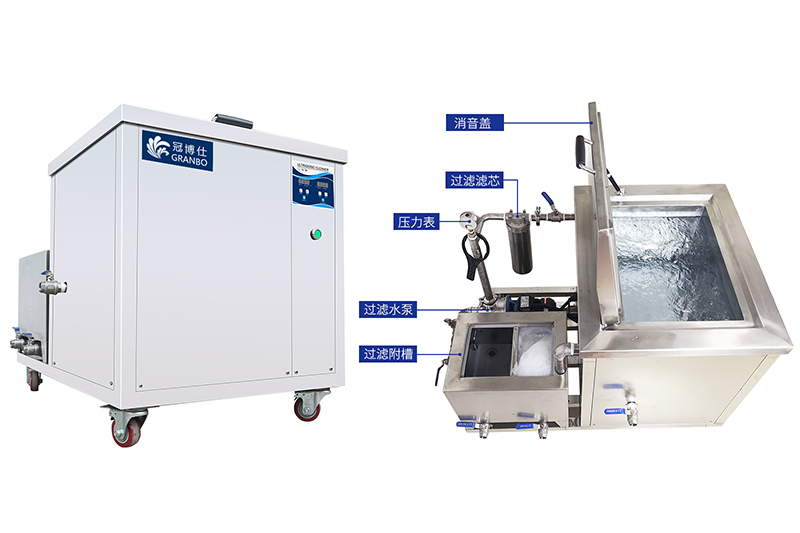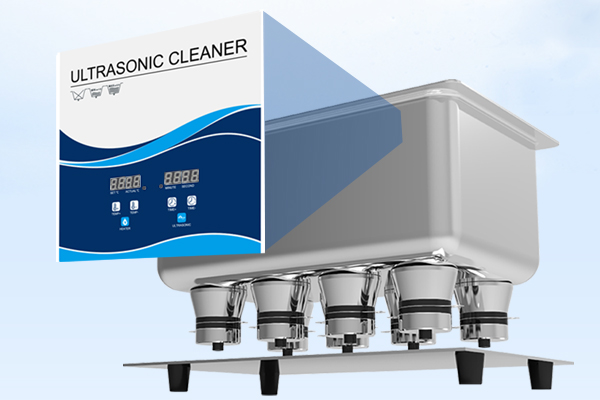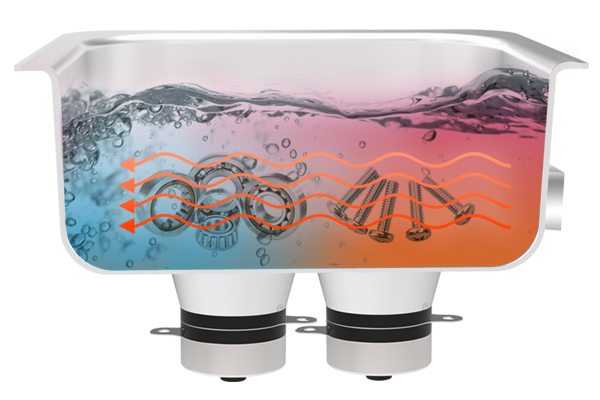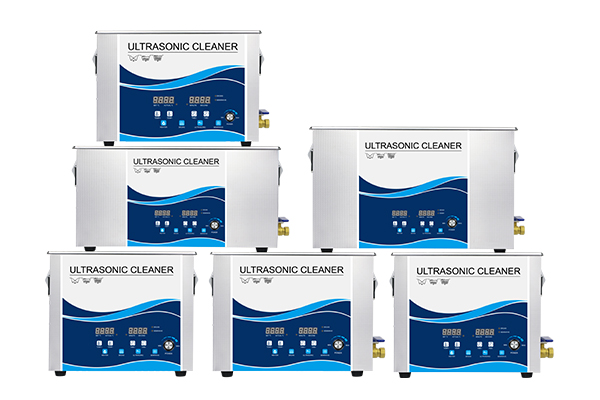Precision cleaning is a crucial process in various industries, such as electronics, medical, and automotive, to ensure that the parts and components are free from contaminants and residues. One of the most effective and efficient ways to achieve this is through the use of ultrasonic cleaning machines.
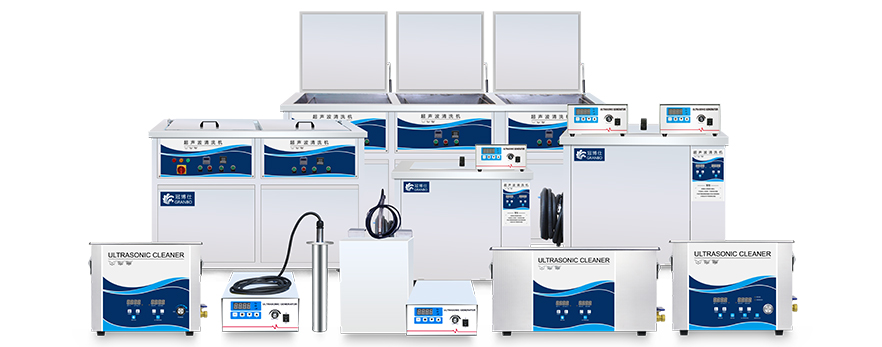
Ultrasonic cleaning machines, also known as ultrasonic cleaners, use high-frequency sound waves to create microscopic bubbles in a cleaning solution. These bubbles then collapse, generating a scrubbing action that dislodges and removes contaminants from the surface of the objects being cleaned. Ultrasonic cleaning machines can clean even the most intricate and hard-to-reach parts and surfaces, making them an essential tool for precision cleaning.
One of the most popular types of ultrasonic cleaning machines is the benchtop ultrasonic cleaner. These machines are compact and easy to use, making them ideal for small-scale precision cleaning applications in laboratories and workshops. They typically come with a stainless steel tank, which is filled with a cleaning solution that is specific to the type of contaminants being removed. The objects to be cleaned are then placed in the tank, and the ultrasonic waves are activated, causing the cleaning solution to penetrate and clean the surfaces of the objects.
When it comes to cleaning delicate and sensitive objects, such as coated or plated eyeglasses, ultrasonic cleaning machines are the go-to equipment. However, it is important to note that not all coatings and platings are suitable for ultrasonic cleaning. For example, gold and rhodium platings can be safely cleaned using ultrasonic cleaning machines, while silver and copper platings may be damaged.
To ensure the safe and effective use of ultrasonic cleaning machines, it is important to follow the manufacturer’s instructions and recommendations. Proper maintenance and cleaning of the ultrasonic cleaning machine are also essential to keep it functioning optimally. This includes regularly replacing the cleaning solution, cleaning the tank and transducers, and inspecting the machine for any signs of wear and tear.
In summary, ultrasonic cleaning machines are an essential tool for precision cleaning in various industries. They use high-frequency sound waves to dislodge and remove contaminants from even the most intricate and hard-to-reach parts and surfaces. Benchtop ultrasonic cleaners are ideal for small-scale precision cleaning applications in laboratories and workshops. However, it is important to use the appropriate cleaning solution and follow the manufacturer’s instructions to ensure safe and effective use of the machine.

